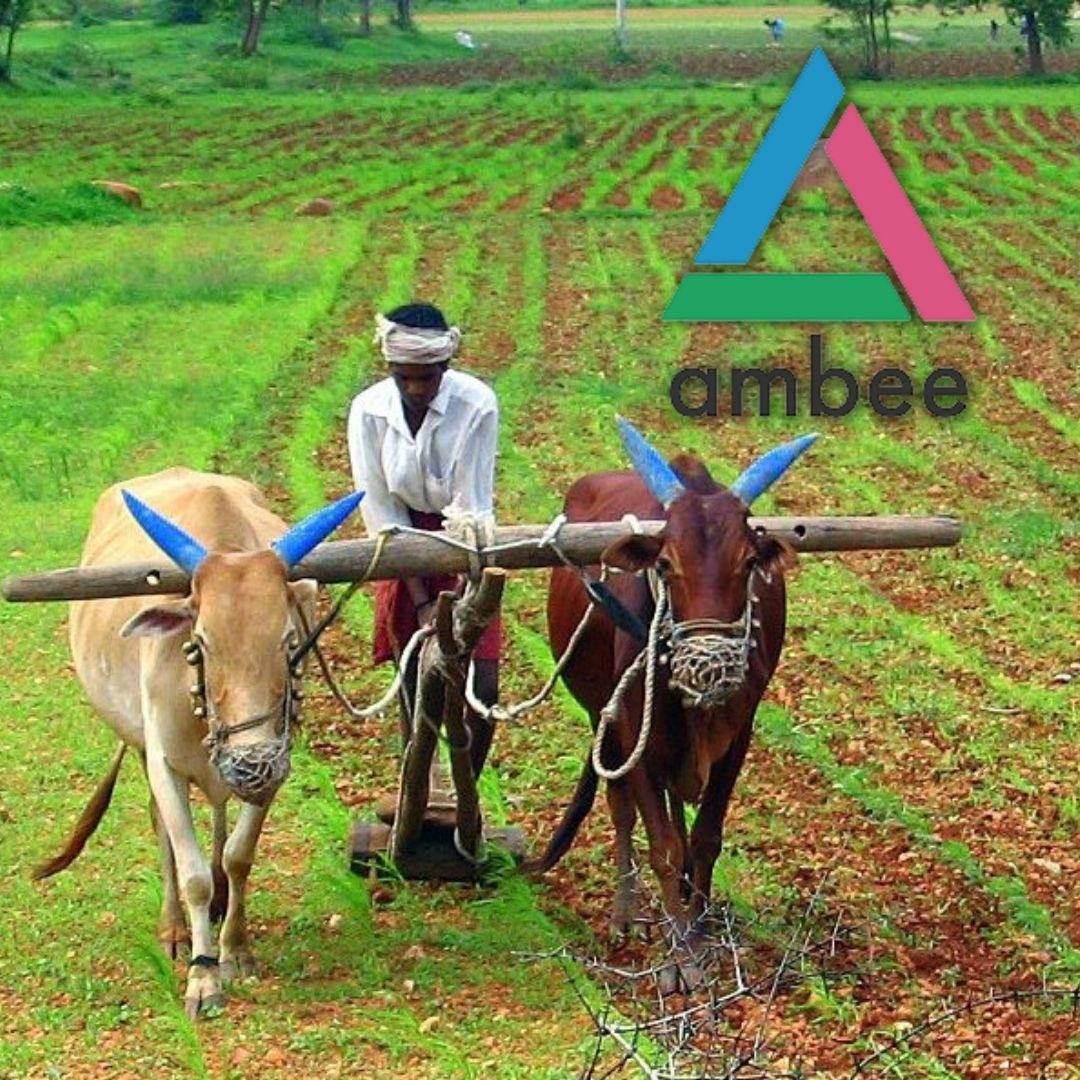This Bengaluru-Based Company Launches 'SmartFarming Data' To Increase Agriculture Productivity
Writer: Tashafi Nazir
For most people, journalism sounds hectic and chaotic. For her, it's a passion she has been chasing for years. With an extensive media background, Tashafi believes in putting efforts on presenting a simple incident in the most interesting way.
India, 12 March 2022 3:12 AM GMT
Editor : Snehadri Sarkar |
While he is a massive sports fanatic, his interest also lies in mainstream news and nitpicking trending and less talked about everyday issues.
Creatives : Tashafi Nazir
For most people, journalism sounds hectic and chaotic. For her, it's a passion she has been chasing for years. With an extensive media background, Tashafi believes in putting efforts on presenting a simple incident in the most interesting way.
‘SmartFarming Data’ has been designed with a two-fold goal in mind - to increase agricultural productivity using environmental data, and to assist in implementing sustainable farming practices and reduce the environmental impact of agriculture.
Ambee, an environmental intelligence company, has officially launched 'SmartFarming Data', a brand new offering that brings forward data science techniques to farmers and agribusinesses to improve the health of their farms.
The initiative will help farmers understand their farms better, mitigate the impact of climate change on agriculture, take measures to monitor and minimise soil degradation, and increase agricultural productivity using environmental data.
Increases Agricultural Productivity
'SmartFarming Data' has been designed with a two-fold goal in mind - to increase agricultural productivity using environmental data and to assist in implementing sustainable farming practices and brings down the environmental impact of agriculture. The product provides historical and forecasts agro-weather statistics to help improve crop yield, mitigate the effects of climate change on agriculture and detailed soil data to monitor soil productivity.
In addition, the product can also be used by agri companies to make critical business decisions based on historical and forecast yield quality, while researchers can use SmartFarming Data to find solutions to agricultural concerns.
As per a recent United Nations (UN) report, the world population is expected to grow to 10 billion by 2050. The same report suggests that around 12 million hectares of productive land will be lost each year globally, resulting in widespread implications like poor agricultural yields, food scarcity, forced migration etc. There has been a 40 per cent decline in crop quality and crop yield amid depleting soil nutrition, intensive farming techniques and climate change that lead to significant greenhouse gas emissions.
"There is a dire need to confront the requirement of increased agricultural production to feed a growing population. The answer, as we have come to realise is not aggressive over farming, but sustainable agricultural practices while soldiering through climate change, depletion of natural resources, increased erosion, and more," Ambee said in its press release shared with The Logical Indian.
It added that access to a sufficient supply of healthy, diverse, and safe food for a growing global population is required while limiting the impact on the environment and coping with climate change.
To do so, better and more innovative farming techniques need to be adopted that not only helps to improve production capacity but also minimise the overuse of water resources, chemicals, and other unsustainable practices that impact the environment.
"The impact of climate-related events is universal. It affects everyone, everywhere, and in every industry. Among the many possible concerns caused by climate change, the threats to global agriculture stand out as one of the most severe. It impacts agricultural yield, which will, in turn, cause severe food shortages," Madhusudhan Anand, CTO and Co-Founder, Ambee, said.
The Food and Agriculture Organisation (FAO) of the United Nations states that the global supply of food will need to increase by 70 per cent by 2050 to meet the demands of the growing population. To cater to this demand, farmers need to have an informed and intimate understanding of their fields while ensuring efficient and responsible utilisation of natural resources," he added.
Further, Anand said that the team at Ambee is on a mission to address the interlinked challenges of food security and climate change.
Also Read: Using Animal Organs For Humans: How Viable Is The Medical Procedure Of Xenotransplantation?
 All section
All section















